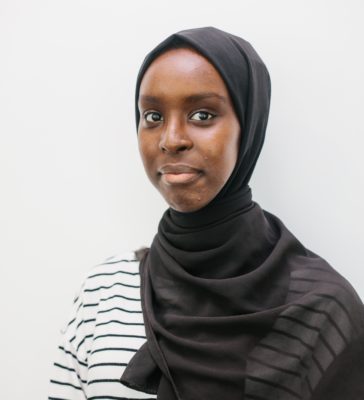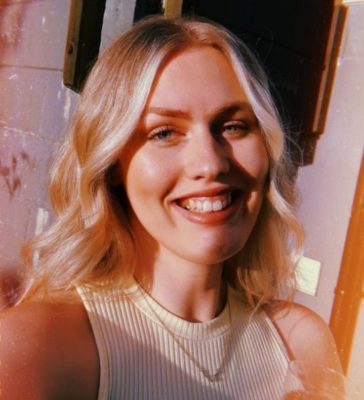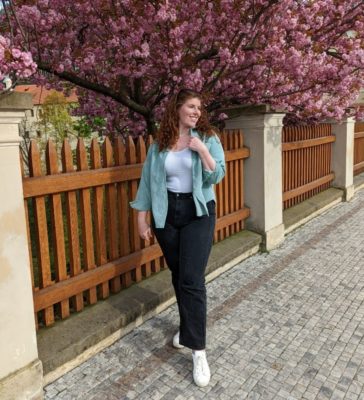
Fatima Hudoon
Current Employer/Organisation Name
Self-employed
What have you been doing since leaving Exeter, and what are you doing now?
A few months after leaving Exeter in 2019, I started working as an Early Career Journalist at The Bristol Cable, a local community-owned media outlet based in my home city. I was employed as part of a pilot scheme called the Early Career Journalism Placement that sought to give a paid work opportunity to upcoming journalists or those who want to give journalism a go. What was meant to be a five-month-long placement turned out to be a year and three months long. With no prior journalistic experience, I was trained up by Cable staff and received training from the Centre for Investigative Journalism. I quickly began pitching, researching, interviewing and writing my own stories. From both General and Local elections to the Covid-19 pandemic and co-launching a mental health series, I went on to cover a variety of stories for print and online. My placement ended in February 2021 I have been freelancing full-time ever since. I regularly write for the Bristol Cable as a freelancer and continued building on my freelancing portfolio for other publications, most recently BBC West. Alongside journalism, I also freelance as a social media manager for a local community organisation. I am currently focusing on my professional development undertaking training with the CIJ as a Lyra McKee Bursary recipient in data investigations and Tactical Tech’s Exposing the Invisible Institute.
Why did you choose this career? And what do you enjoy most about your work?
When I found out about the Bristol Cable EJC Placement, it had the right combination of research, analysis, writing, potential to use my language skills, and getting comprehensive training. These were all factors that were important to me. As I began doing my own reporting I realised journalism has a good range of variety and has plenty of opportunity to scale and mould the path in a way that works for you. Enjoy the job because it’s a challenge. There’s always more to learn and that keeps the profession always interesting. Most importantly, I get to tell underreported stories and hold institutions to account. It feels right for me.
Please tell us if you were a member of any societies, groups or sports clubs?
ISOC and Chess Society.
What did you enjoy most about your programme and what was the biggest highlight?
By far my Year Abroad in Jordan was my biggest highlight. I saw an exponential improvement in my Arabic, and even had opportunities to volunteer to put it to use and I made lifelong friends. It was also a year that made me realise that I wanted to learn languages as a means to achieve something rather than it being the end. And so after taking a sabbatical from my studies, I took on International Relations in my third year; the best decision I made.
What skills and experiences have been most useful for your career?
So far, my language skills have been a huge asset in my reporting. There were several times when I conducted interviews in Somali, German and Arabic. This not only better informed the respective stories but also helped give a voice to people who may otherwise not have their voices heard. Experiment with your writing skills and find your voice. As I start developing my data journalism skills, I realised that knowing a programming language is increasingly becoming a useful skill (though not necessary). I did the Institute of Coding’s Summer School programme for learning Python. If courses like that are still on offer for students I would encourage participation as tech skills are in increasing demand.
What advice would you give to a current student who wishes to pursue your career?
The obvious advice would be to get as much experience writing stories as possible – in whatever form writing, radio, TV. That can be the student newspaper, the local papers and/or setting up your own platform. If you’re going on a Year Abroad, think about what kind stories you could write from there. This will give you a good head start.
What are your plans for the future?
I’m still figuring this out but for now I’ll say it is to work as a foreign correspondent of some sort. Whether that’s in the UK working for a German or Arabic publication or abroad for a British paper. Either way, so long as I can use my languages in my journalistic work – and learn new ones if opportunities offer it – then I’ll be more than satisfied.

